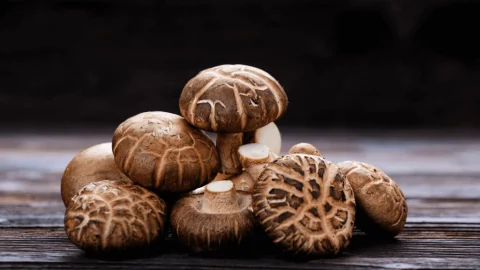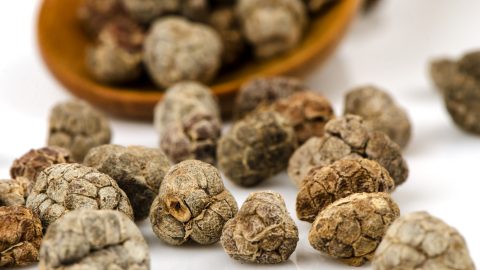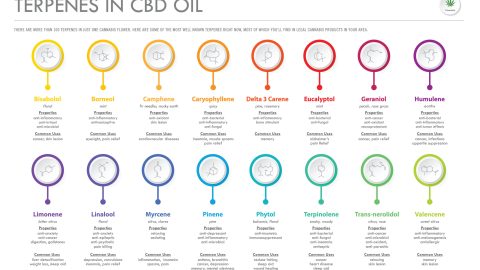Welcome to CannaGlobe’s Weekly Hit, your preferred guide to the world of good health through Cannabis and Mushrooms.
I’ve never been keen on pharmaceuticals, as many seem to cause more harm than the illness they aim to treat. I much prefer natural remedies—plant-based medicine any day over synthetic drugs. I believe that if the Creator provided natural ingredients for our health and healing, they’re far more trustworthy than man-made chemicals driven by greed.
One of the most well-documented benefits of cannabis is its ability to relieve pain. Cannabinoids, particularly THC (tetrahydrocannabinol) and CBD (cannabidiol), interact with the body’s endocannabinoid system, which helps regulate pain, mood, and other bodily functions. Cannabis can be particularly effective for chronic pain conditions, such as arthritis, multiple sclerosis, and fibromyalgia. Unlike opioids, cannabis carries a lower risk of dependency and fewer severe side effects, making it an appealing option for long-term pain management.
The calming effects of cannabis, especially CBD-dominant strains, can help manage symptoms of anxiety and depression. Unlike THC, which can sometimes cause anxiety in high doses, CBD is known for its soothing effects. It interacts with serotonin receptors in the brain, which play a significant role in mood regulation. Many individuals have found relief using CBD to reduce stress and improve overall mental well-being, avoiding the side effects often associated with traditional antidepressants and anti-anxiety medications.
Cannabis is widely used as a natural sleep aid. Indica strains, known for their sedative properties, can help those with insomnia or other sleep disorders achieve deeper, more restful sleep. THC may shorten the time it takes to fall asleep and extend the duration of sleep, while CBD may reduce anxiety, leading to better sleep quality. For those who struggle with sleep disturbances, cannabis can provide an alternative to prescription sleep aids, which often have long-term side effects.







